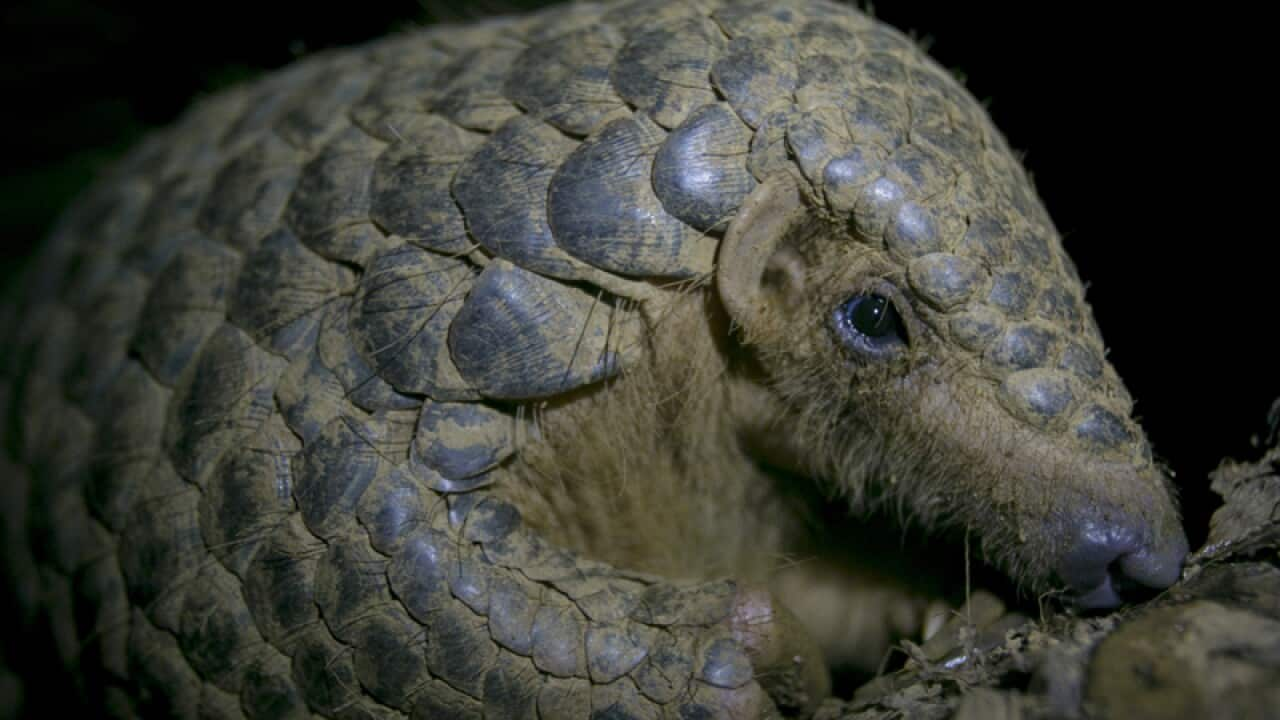Because of its distinctive coat of hard shells, the pangolin, or scaly anteater, has been called the world's most heavily trafficked mammal. More than 1 million have been poached in the past decade, threatening the creature with extinction, according to the International Union for the Conservation of Nature.
Although a global wildlife summit last week banned all trade of pangolins, doubts remain whether that will stop their illegal traffic in Africa fuelled by growing demand from Asian consumers, particularly in China.
Commercial trade is now forbidden in all eight pangolin species, according to decisions made last week at the conference in Johannesburg of the Convention on Trade in Endangered Species of Wild Fauna and Flora, or CITES.
In Vietnam and some parts of China, pangolin meat is considered a delicacy, while its scales of keratin, the protein in fingernails and rhino horn, are widely used in traditional Chinese medicine. Demand for the two products is causing rampant poaching that is decimating the pangolin population in East and Central Africa.
The poaching discovered in Uganda and other African countries is only "the tip of the iceberg,'' said Anne-Marie Weeden, general manager at the Uganda Conservation Foundation.
The illegal trade of pangolins is "booming,'' said Abel Ahabwe, head of investigations for the conservation network. "The problem is getting worse. One day you are coming up with one way to catch them, but they keep changing their methods.''
In April, four men were caught trying to sell two live pangolins in Uganda's northern city of Kitgum for about $US15,000 ($A19,600). One was a local policeman, who was acquitted while the other three received a three-month prison sentence. Many traffickers are connected to the police or military forces, Ahabwe said.
The Uganda Wildlife Authority said it is aware of the problem. ``We are moving in the right direction, with awareness, sensitisation, and we think we will be able to deal with this,'' said Edgar Buhanga, its deputy director of planning. A new wildlife conservation law is being considered that will have stiffer penalties and prison sentences for traffickers.

